The latest attacks on God's truth come once again from within the big tent of evangelicalism. Specifically, a certain highly influential pastor in Grand Rapids is now denying the doctrine of hell as a just expression of the judgment of God upon unrepentant sinners. Of course this is no surprise given the fact that this same man has denied the substitutionary atonement of Jesus' death and the necessity of His virgin birth and resurrection. But this same man has unwittingly called the church to arms in a way. There has been a flood of excellent material flowing through the blogosphere reminding God's people of the truth declared in Scripture.
Martin Downes has been helpful in recent postings on the Bible's doctrine of hell: HERE, HERE, and HERE.
Thanks to Kevin DeYoung for posting the following words from Carl Henry's majestic work God, Revelation, and Authority:
God’s most awesome silence in eternity will be his silence toward the lost, a punitive and retributive silence reserved for the wicked who are not on speaking terms with him. There are scholars who consider the eternal punishment of the wicked to be inconsistent with the nature of God. These critics tend to subordinate to divine love all the biblical passages about God’s wrath, and ignore the fact that Jesus said even more about the pangs of hell than about the bliss of heaven, and moreover makes their duration coextensive and unending.
Millar Burrows is right in the verdict that “no basis” exists in Jesus’ recorded sayings for the universalist notion that all humans will finally be saved: “So far as the evidence indicates, he thought of the punishment of the wicked as eternal” (An Outline of Biblical Theology, p. 211). Hell involves not only the continuance of the sinner’s present condition of unhappiness, but also grievous punishment and irreversible exclusion from God’s presence. Jesus did not hesitate to quote Isaiah 66:24, which implies eternal punishment in the flesh, and to use such characterizations as “out darkness” and “weeping and gnashing of teeth.” Hell resounds with weeping and wailing: there it is not the sinner but rather God who is silent.
The New Testament has no doctrine of a “second chance”; its emphasis is rather that “everyone must die once, and after that be judged by God” (Heb. 9:27, TEV) or, as Phillips words the text, “it is appointed for all men to die once, and after that pass to their judgment.” Nor does the New Testament anywhere condone the notion that the wicked will not survive this life into an afterlife. Such an end would mercifully terminate their existence, would spare them conscious separation from God and the punishment of the ungodly of which the Bible insistently speaks.
A fundamental Christian doctrine is that all departed souls will at the second coming of Christ be restored to bodily life; the redeemed will enter upon the life of heaven, the unredeemed will be excluded from it. The punishment of the wicked who in this life rejected the divine invitation to redemption will include conscious awareness of having spurned Christ’s agony and death in their behalf. (Volume IV, 596-97)
On Monday, Rob Bell will be unveiling his new book in what is being billed as "a live global event." DeYoung will be posting on that day a review of Love Wins. Be sure to check it out.


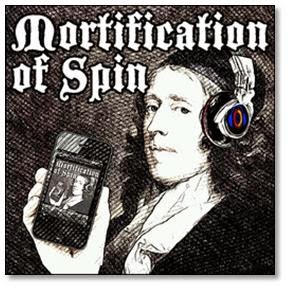







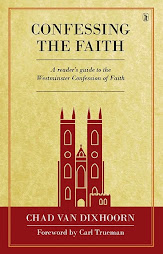
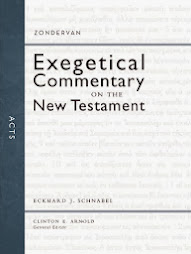
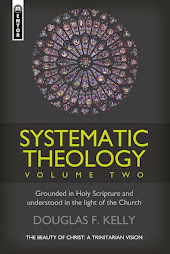



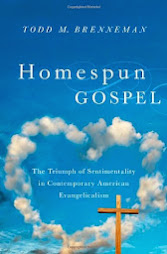

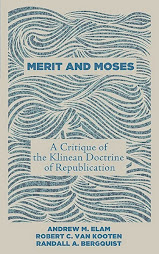

No comments:
Post a Comment